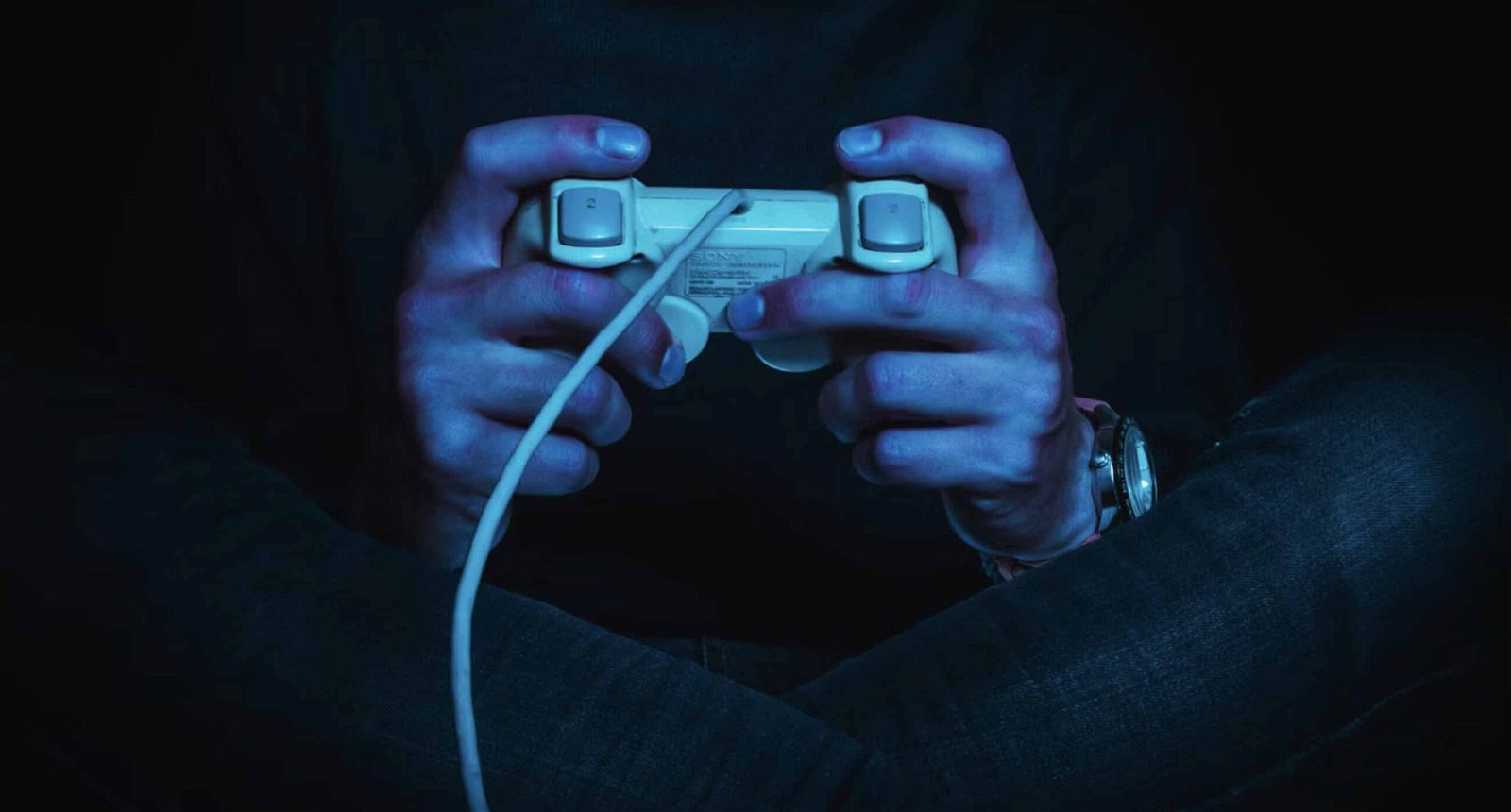Researchers studying the effects of violent video games on empathy say there is little evidence that such games numb users to real-world violence. This goes against previous studies that have found a potential causal link between video game violence and a reduction in empathy.
The researchers caution that their study focused on adults, as studying the effects of violent video games on children could run up against ethical concerns.
Evaluation of Empathy Before and After Playing Violent Video Games Finds No Reductions
To try to determine if playing video games with depictions of graphic violence affects players’ empathy, Viennese neuroscientists Claus Lamm and Lukas Lengersdorff recruited 89 adult male participants. To prevent bias based on previous exposure to these types of games, study volunteers were screened to only allow men who had very little to no experience playing them.
Next, each participant was asked to play seven separate, one-hour video game sessions over a span of several days. Roughly half of the subjects were asked to play an extremely violent version of the popular game Grand Theft Auto V with the express goal of killing as many characters in the game as possible. The other half of the participants played a modified version of the same game with all of the killing removed. Instead, that group was asked to take photos of as many characters as possible.
To set a baseline for empathy, each participant underwent an empathy test before their session that involved measuring their outward response to human subjects receiving electric shocks. The researchers also monitored each subject’s brain activity, especially in regions that are associated with empathy, like the anterior insula and anterior midcingulate cortex.
After finishing their one-hour session, each group had their empathy levels measured again. Like before, this involved quantifying both outward reactions and their brain’s electrical responses to the electric shocks of others.
When the scores were compared, the researchers found that the subjects showed no discernable change in empathy before or after playing violent video games. Furthermore, a comparison between the groups found that players who tried to kill as many characters as possible and players who tried to photograph as many characters as possible showed no statistical difference in their post-play empathy scores.
“A few hours of video game violence have no significant influence on the empathy of mentally healthy adult test subjects,” the research team explains. “We can clearly draw this conclusion. Our results thus contradict those of previous studies, in which negative effects were reported after just a few minutes of play.”
More Research is needed, but Studying Effects on Children is Fraught with Ethical Concerns
In their published study, which appears in the journal eLife, the researchers are quick to caution that their results do not necessarily mean that there are no long-term effects on empathy from prolonged exposure to violent video games.
“Precisely because this is such a sensitive topic, we have to be very careful when interpreting these results,” explains lead author Lukas Lengersdorff, from the University of Vienna, who carried out the study as part of his doctoral studies. “The conclusion should not be that violent video games are now definitively proven to be harmless. Our study lacks the data to make such statements.”
The researchers also note that the main concern about the long-term effects of video game violence on children’s brains, which exhibit much more plasticity than adult brains, is not part of their study. They also point out that even trying to study the effect of violent video games on children could prove particularly thorny.
“The most important question is, of course: are children and young people also immune to violence in video games?” asked Lamm, from the Karolinska Institute in Stockholm, who led the research group. “The young brain is highly plastic, so repeated exposure to depictions of violence could have a much greater effect. But of course, these questions are difficult to investigate experimentally without running up against the limits of scientific ethics.”
Either way, the research team says that studying the effect of these types of games on empathy is important and that their work should only be considered the next step in a series of future studies.
“Strong experimental controls and longitudinal research designs that allow causal conclusions to be drawn are needed to make clear statements about the effects of violent video games,” says Lamm. “We wanted to take a step in this direction with our study.”
Christopher Plain is a Science Fiction and Fantasy novelist and Head Science Writer at The Debrief. Follow and connect with him on X, learn about his books at plainfiction.com, or email him directly at christopher@thedebrief.org.

